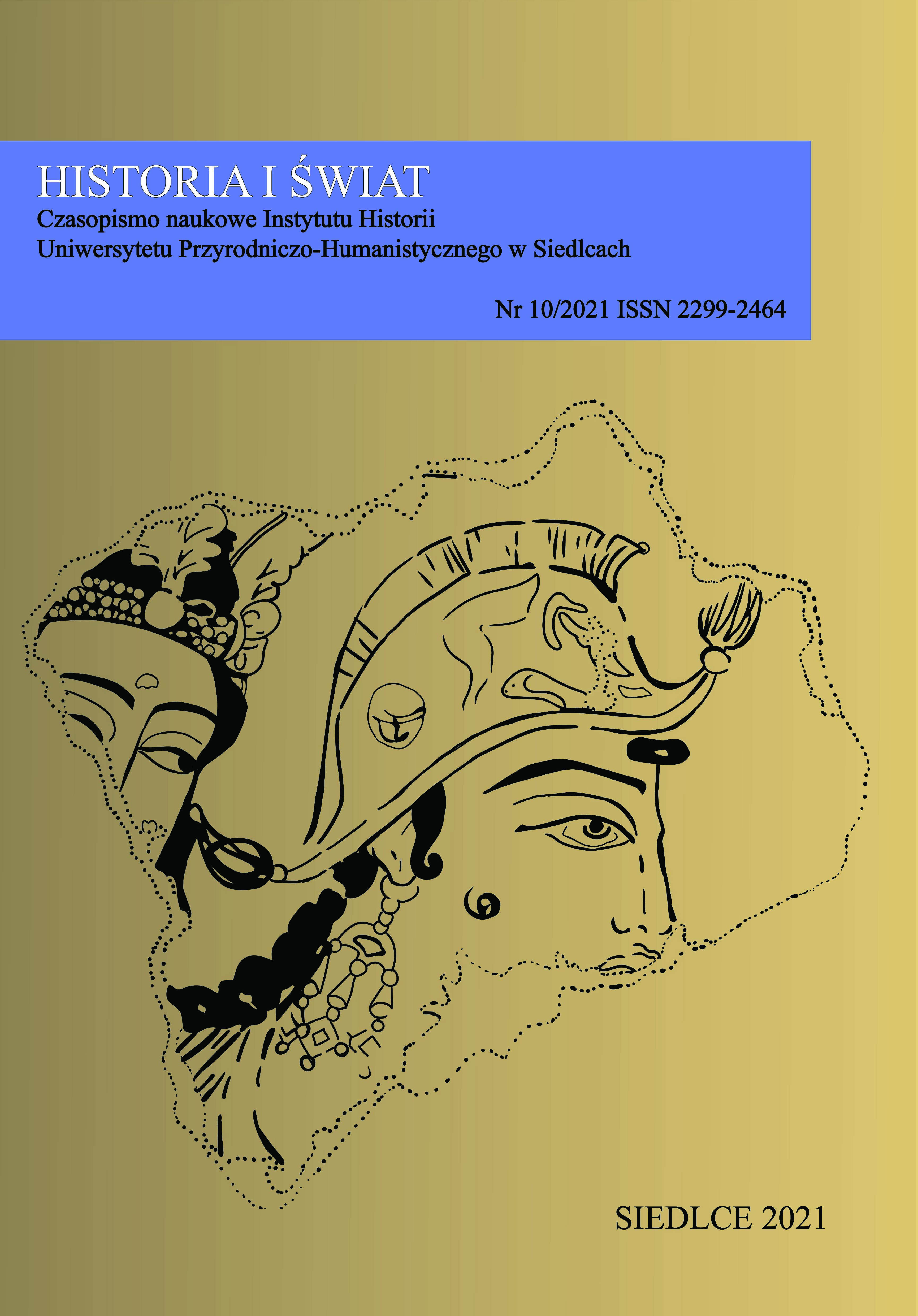Purpose – to recognize Germany. About some activities of the Polish intelligence in the 1920s
DOI:
https://doi.org/10.34739/his.2021.10.17Słowa kluczowe:
Polish General Staff, interwar period, intelligence, reconnaissance, secret services, agentsAbstrakt
After World War I, Weimar Germany did not recognize the western borders of the Second Polish Republic. They did not accept the result of the defeat they suffered. Poland was referred to as the ‘Saisonstaat’, which was synonymous with aggression for the Germans. The Weimar Republic sought to rebuild its military potential and demanded the abolition of all forms of control and revision of the Versailles Treaty. From the moment Poland regained independence, the security of the state was threatened by Germany and Russia. In this situation, the identification of threats was of particular importance. Secret service structures were created under very difficult conditions. In the early 1920s, the intelligence reconnaissance of Germany was not sufficient. The organizational changes and improved methods of operation carried out in the second half of this decade had a positive impact on the effects of work. The head of the Berlin intelligence facility, codenamed ‘In 3’, captain, and later major, Jerzy Sosnowski provided the headquarters of the Second Department of Polish General Staff with valuable information on the expansion of the German armed forces. Also, field offices were actively exploring Germany. Agents played a special role in the activities of the intelligence service. Therefore, the process of their selection, conducting, training and supervision, on which the effects of work depended, deserves attention.
Pobrania
Pobrania
Opublikowane
Numer
Dział
Licencja
Prawa autorskie (c) 2021 Historia i Świat

Utwór dostępny jest na licencji Creative Commons Uznanie autorstwa – Bez utworów zależnych 4.0 Międzynarodowe.




